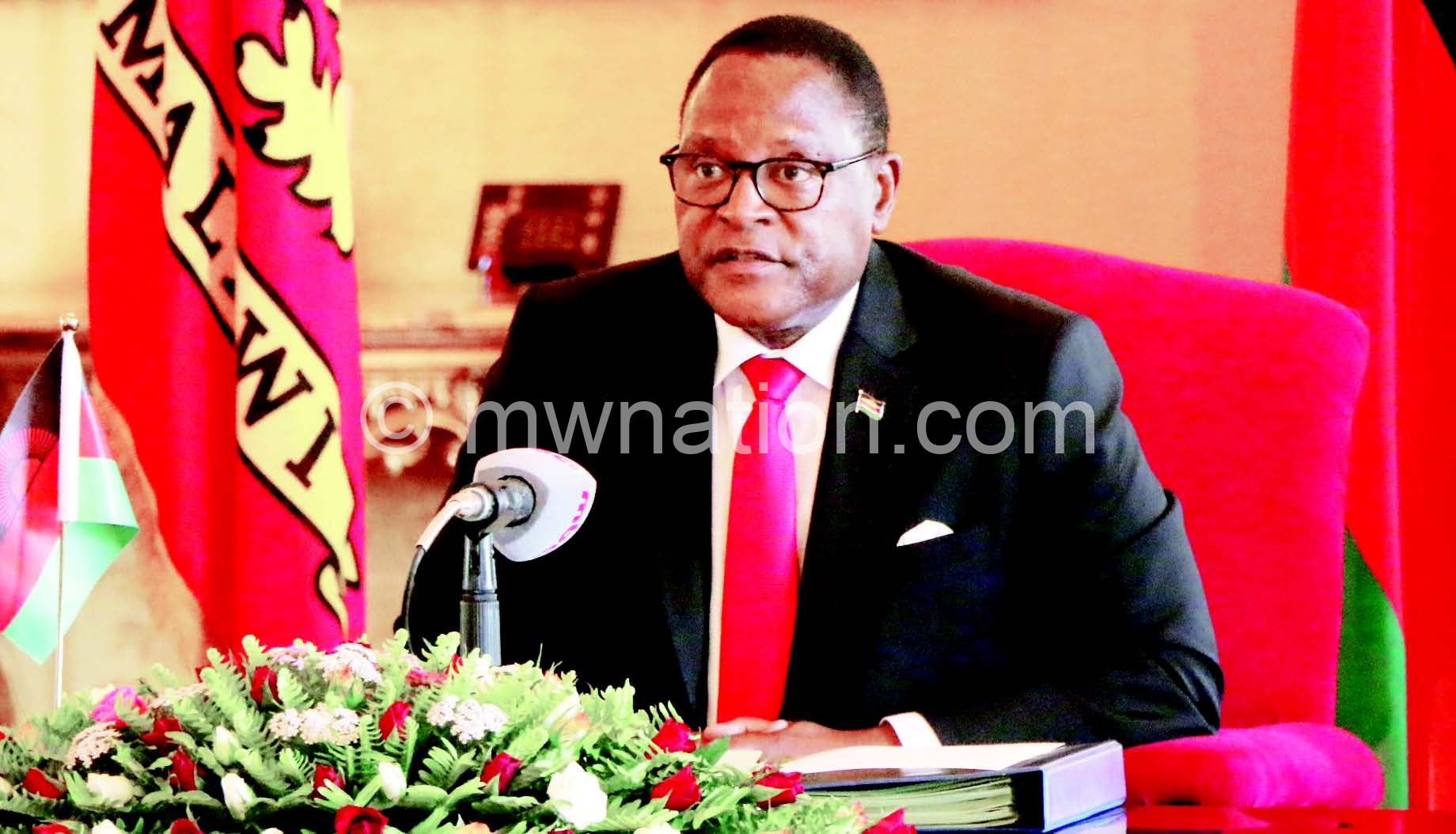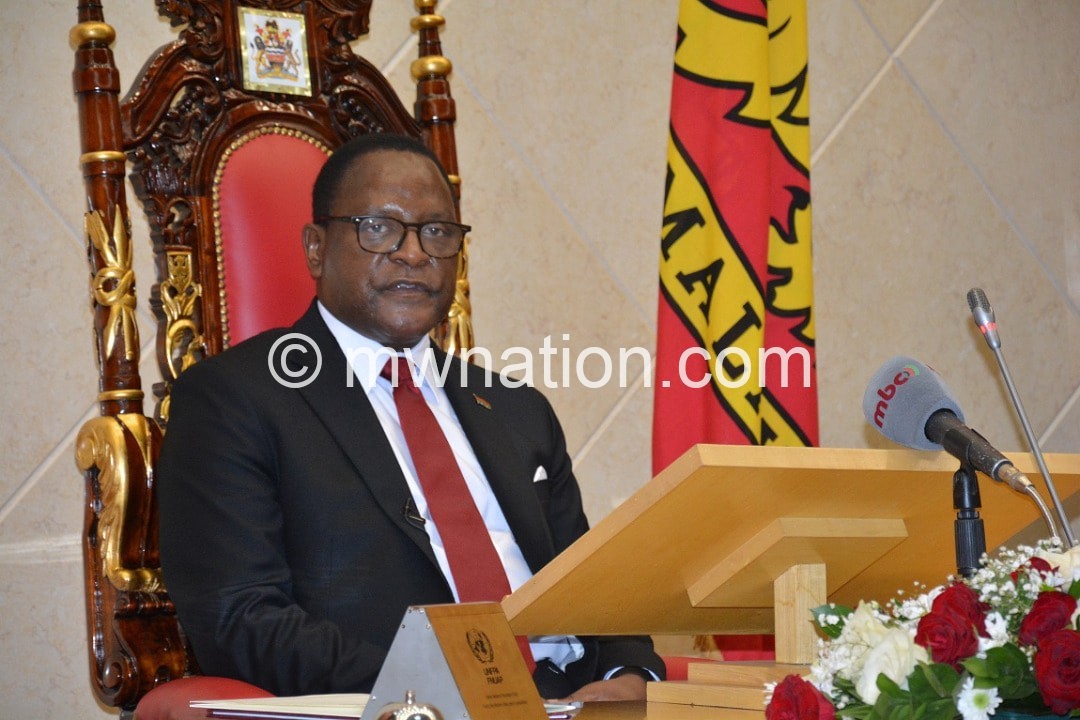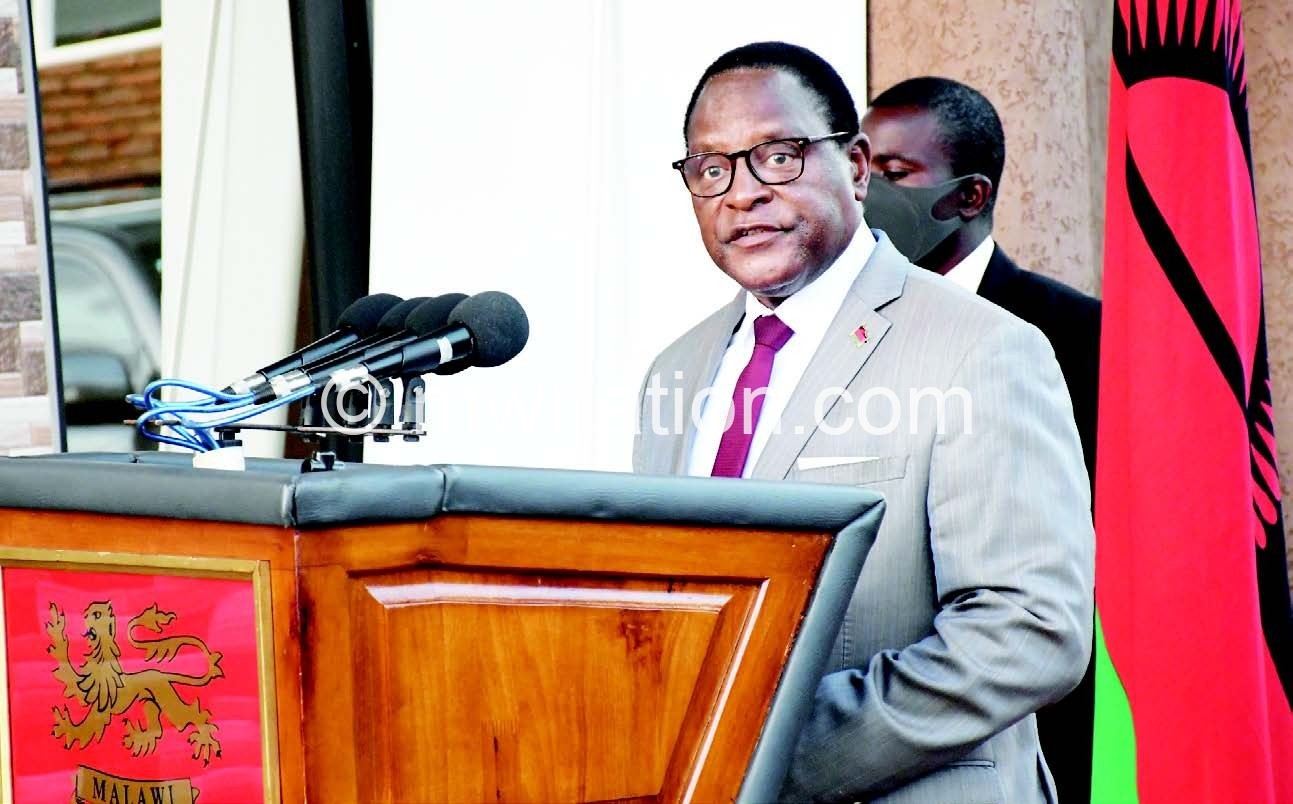Who will guard the guards?
The brutal rape of women at Nsundwe in Lilongwe by police officers is nothing new. It is the scale of the rape that has caused uproar locally and internationally. If you ask our sisters who trade sex on streets, they will tell you that when they are picked by police officers, they end up being raped, sometimes by several men in uniform.
US’s State Department’s Bureau of Democracy, Human Rights and Labour writes in its Malawi 2017 Human Rights Report that there are major human-rights issues in Malawi resulting from “excessive use of force by security officers, including torture” as well as “harsh and life-threatening prison and detention-centre conditions.”
To be honest, police brutality is well known in Malawi. There are so many cases of suspects being shot in the streets or dying in custody. Buleya Lule’s case is one such example. He died at the hands of the police. However, many of such cases are rarely investigated.
If you ask around you will be told that police officers who are suspected of killing innocent people get transferred from one police station to another without being disciplined. If a teacher or a doctor commits similar crimes, they are interdicted without any delays and arrested. So, what is so special with our police officers?
Last week, the media was awash with reports that the police has been killing robbery suspects. Last year, a similar report showed that within eight months, more than 43 robbery suspects had been killed by the police while in custody.
This newspaper reported at the time that both relatives of the dead and police confirmed that suspects were shot in cold blood. Some police officers claim they do so to defend themselves if the offenders are armed.
Yet, Malawians have been protested against shoot-to-kill policies for years. The law is clear; a suspect is innocent until proven guilty in a court of law. So why are our police officers taking the law into their own hands?
May be, we on the streets, can forgive police officers who shoot down gun-toting thugs, but what warranted the rape of women. Were they carrying guns too?
If we are to be blunt, what we have in Malawi is a colonial police force, because nothing can best describe what the men in uniform do better than the men who took orders from Sir Roy Welensky.
It is clear that all efforts to reform the Malawi Police Force (MPF) to Malawi Police Service (MPS) has failed and what needs to happen is to fire half the force and overhaul the system as a matter of urgency. What will be the use of a police service that no one respects?
The British pumped in millions into police reformation a decade ago? However, what we are witnessing here is not what reformed police ought to do? Our understanding is that the police are mandated to protect lives and property as well as enforcing law and order. In other words, they are supposed to be the custodians of all Malawians.
Sadly, we have noted that it is the very protectors of society that are on the forefront perpetrating crimes against humanity such as rape. If they, of all people, can descend so low to rape a defenceless woman at Mbwatalika, then who will defend the women?
We on the street want to ask a fundamental question: If the police officers have joined the bandwagon to violate the rights of the very people they are supposed to protect, who will guard them?
A philosopher, Plato, once discussed in his book The Republic the problem of controlling the actions of people in positions of power. In Latin, the question “who will guard the guards themselves” is known as “quis custodiet ipsos custodies”.
Now that national police spokesperson James Kadadzera has said the police will formally respond to abuse reports, we will wait with bated breath on their action. But police officers should know that their actions need not be tolerated, especially when the country enters into a new decade.





